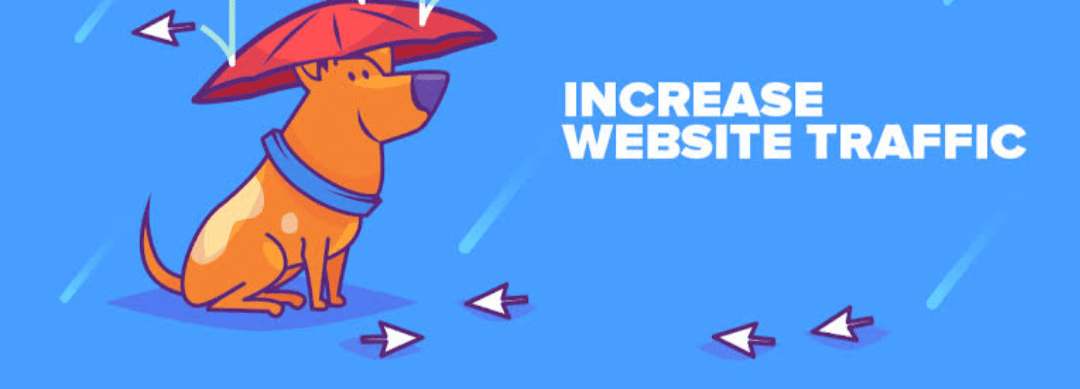Streamline your website so that it will be found easily on major search engines like Google. Consider on-page SEO by www.bigeasyseo.com and power up your site today. If you feel that your content is underperforming or that your organic traffic is declining, among other online issues that are affecting website performance, on-page SEO can help fix the issues.

Here are basic questions about on-page SEO and the answers that will help you better understand how on-page SEO can benefit your business:
What Are the Types of SEO?
There are three types of SEO that you can utilize in your overall marketing strategy:
On-Page SEO
This type of SEO focuses on the content of your website. It strategizes aspects that will optimize the different pages of a website, like:
- Researching targeted keywords
- Creating high-quality content containing targeted keywords
- Optimizing the use of target keywords
Technical SEO
There are non-content elements like the backend structure of a website that need to be improved. Technical SEO takes care of these elements to accomplish these aspects:
- Improving the readability of a site, so that crawlers of search engines will understand the site more easily.
- Providing a favorable user experience helps increase the rank of a website.
Off-Site SEO
A website has to maintain a good reputation and authority so that it will be recognized by search engine crawlers as a reputable source. Off-site SEO focuses on this aspect by helping a website gain trust signals through high-quality backlinks.
How Do You Measure SEO Success?
Performing search engine optimization means that you are going to improve many of the ways that a website performs. Its goal is to make a website rank high in search engine results pages (SERPs).
How will you know if the SEO strategies used have helped you achieve your objective? These are the metrics that will help you measure SEO success:
- Organic traffic – the results of a search made by users in major search engines like Google, Bing, or Yahoo.
- Keyword ranking – the way Google ranks a website according to the keywords used similar to those used by similar businesses or products in Google.
- SERP visibility – the number of people that see a website in SERPs.
- Click-through rate – the percentage of users from the SERP who clicked on a website.
- Bounce rate – the quality of a visit to a website measured as the percentage of users who land on a page on a website but leave without further activity on the site.
- Website authority, over time – determines how a website will rank against its competitors.
- Backlinks – also known as “inbound links”, “incoming links”, or “one-way links” that link a website to another website. High-quality backlinks can increase the rank of a website.
- Page speed – users do not like to wait for a website to load. Load time affects almost all other metrics and can significantly impact ranking.
- Time spent on page – determines the quality of content on a page and whether users’ needs are met.
- Conversion rate – measures the overall impact of the strategies in SEO on the revenue of a business.
Once You Start SEO, How Long Will it Take to Get Rankings?
Businesses want to see results right away so that they are assured that they have not wasted money on SEO services. If you are also wondering if your SEO investment is worth it by seeing results, consider these factors:
- New websites with new domains will take longer to show SEO results.
- The volume of competition – highly competitive niches will take longer for SEO efforts to take effect.
- The more resources, like time, that you allocate for SEO, the faster you will see results.
Why Should You Continue SEO Once You’ve Gotten Good Rankings?
Google algorithms change constantly. This means that your rank will most probably be different in a day’s time. SEO strategies that are consistently applied on your site will help your website stay on the first page of the SERPs.
Your competitors will also definitely not stop outranking you and others in your niche because all of you want to be found first by users searching for what you offer. So, if you stop your SEO efforts, sooner or later, you will be outranked.








